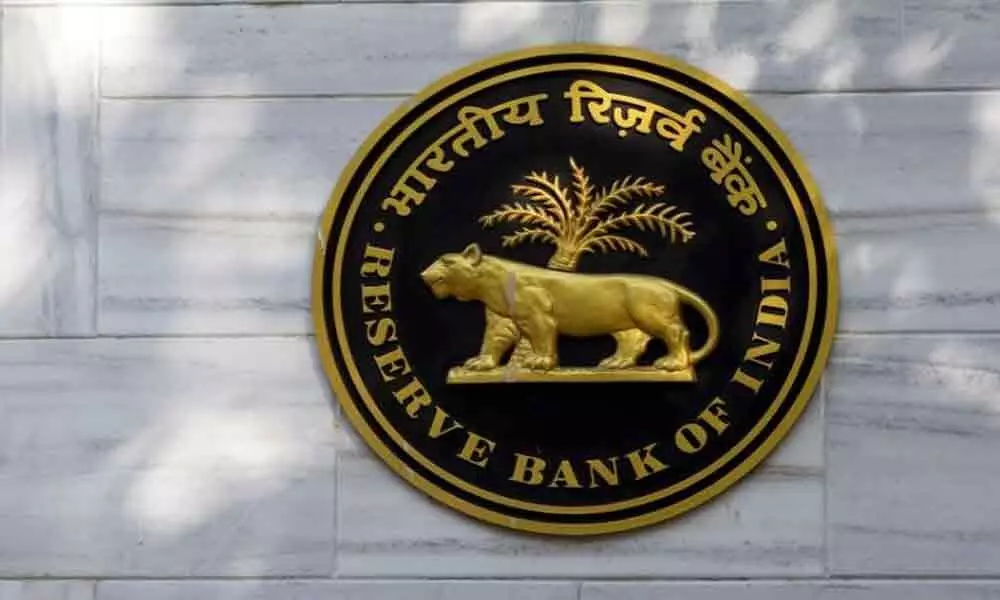Banking system has to be liberated from risk aversion: RBI

Reserve Bank of India
As the pandemic has brought about dire need for liquidity, the Reserve Bank of India has said that the banking sector needs to get out of the risk aversion mode and give credit to the productive sector of the economy.
Mumbai:As the pandemic has brought about dire need for liquidity, the Reserve Bank of India has said that the banking sector needs to get out of the risk aversion mode and give credit to the productive sector of the economy.
In its Annual Report for 2019-20, the RBI said that risk aversion of banks from giving credit is hampering credit flow to productive sectors.
"Turning to the financial sector, Indian banking has to be liberated from the risk aversion that is impeding the flow of credit to the productive sectors of the economy and undermining the role of banks as the principal financial intermediaries in the economy," it said.
The report noted that the deterioration in the macroeconomic and financial environment is impinging on asset quality, capital adequacy and profitability of banks.
Further, it said that regulatory dispensations that the pandemic has necessitated in terms of the moratorium on loan instalments, deferment of interest payments and restructuring may also have implications for the financial health of banks, unless they are closely monitored and judiciously used.
"Although gross and net non-performing asset ratios had come down in March 2020 along with receding slippage ratios, the economic fallout of the pandemic is likely to test this resilience, especially since the regulatory accommodations announced in the wake of the outbreak have masked the consequent build-up of stress," it said.
As per the report, a recapitalisation plan for public and private sector banks assumes critical importance.
"The minimum capital requirements, which are calibrated on the basis of historical loss events, may no longer suffice to absorb post-pandemic losses," the report said.
"The Reserve Bank has already advised banks and NBFCs to carry out Covid-19 stress tests and take necessary remedial measures proactively. The a bility to raise capital as well as build resilience to ensure financial stability in anticipation of more frequent, varied and bigger risk events than in the past shall be contingent on the governance standards in banks, particularly on strength of risk governance framework."

















